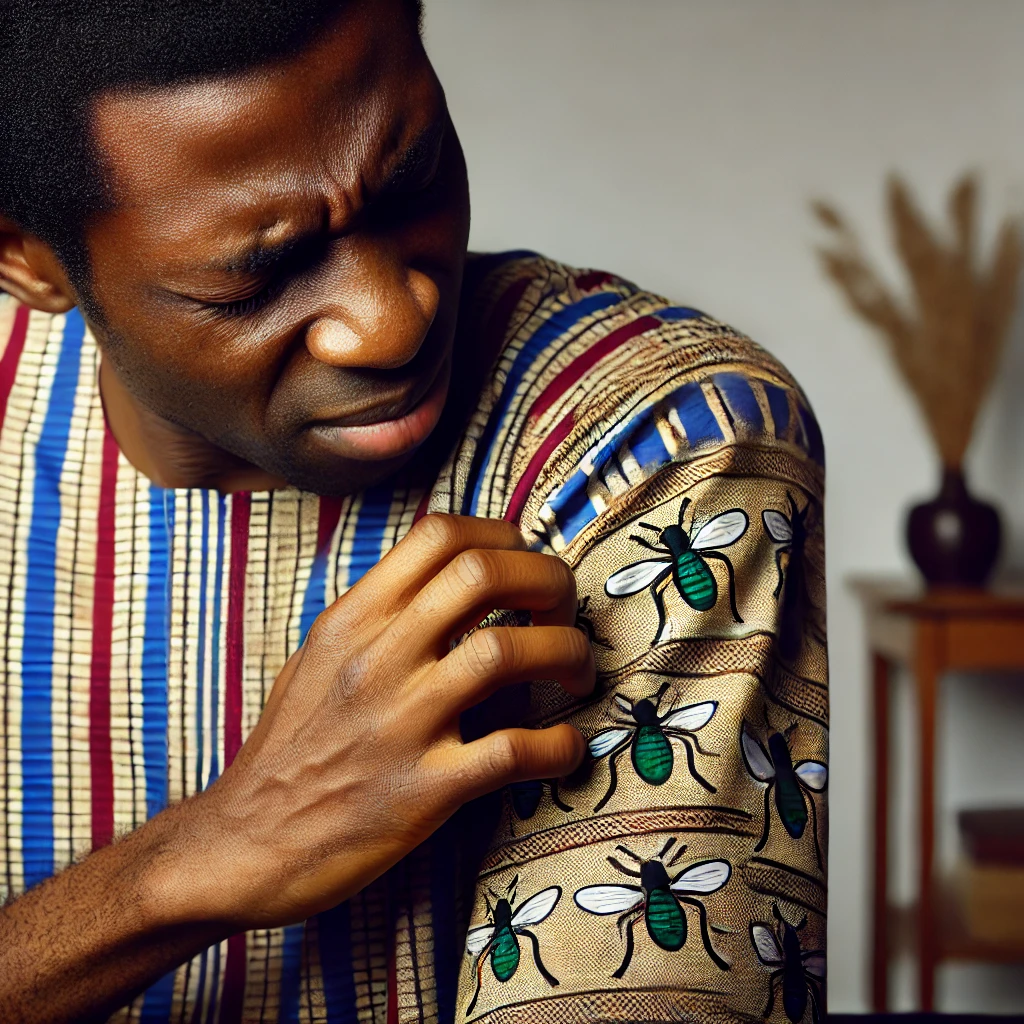The Solutions to Body Itching after Bathing are: To solve the problem of body itching after bathing, you need to seek medical advice.
It’s not uncommon to experience a bout of itching after taking a bath. While generally a minor annoyance, persistent or severe itching can be a sign of an underlying issue that may require medical attention. This article explores the causes, symptoms, and treatments of post-bathing itching and emphasizes the importance of consulting a healthcare professional if the condition persists.
Causes of Post-Bathing Itching
Post-bathing itching, also known as aquagenic pruritus, can result from various factors:
1. Dry Skin: Bathing, especially in hot water, can strip the skin of its natural oils, leading to dryness and itching.
2. Soap and Detergents: Harsh soaps and detergents can irritate the skin. Those with fragrances and certain chemicals may trigger allergic reactions.
3. Water Quality: Hard water, which contains high levels of calcium and magnesium, can leave a residue on the skin that causes irritation.
4. Temperature Changes: A sudden change from hot to cold temperatures can cause the skin to react by itching.
5. Medical Conditions: Conditions like eczema, psoriasis, or allergic reactions can be exacerbated by bathing.
Symptoms
The primary symptom of post-bathing itching is an uncomfortable, sometimes intense itch that occurs immediately after bathing. The skin may appear:
– Red
– Dry or scaly
– Irritated or inflamed
For the treatment of body itching after bathing, you need to consult a licensed medical doctor for proper examination and advise. The doctor may recommend some of the following:
Some Possible Solution that doctor will Recommend as Treatment and Management
1. Moisturizing: Apply a hypoallergenic moisturizer immediately after bathing to help seal in moisture.
2. Use Gentle Soaps: Opt for soaps that are fragrance-free and formulated for sensitive skin.
3. Adjust Water Temperature: Avoid using hot water for bathing. Lukewarm water is less likely to irritate the skin.
4. Water Softeners: Consider installing a water softener if hard water is a problem in your home.
5. Antiseptics and Medicated Creams: For some, the use of mild antiseptics can help reduce skin flora and decrease itching. Over-the-counter hydrocortisone cream may also be used to alleviate itching and inflammation.
When to Use Antiseptics
Antiseptics can be helpful in managing skin irritation and reducing itchiness by controlling the growth of bacteria on the skin that can contribute to irritation. However, before using an antiseptics, you need to seek medical advise on usage.
If you frequently experience itching after bathing, it’s advisable to consult with a healthcare provider to rule out any underlying conditions. For convenience, consider booking a consultation on the Virtual Doctors App. This platform allows you to speak with a doctor without the need to leave your home, ensuring you receive timely and professional advice and treatment.
